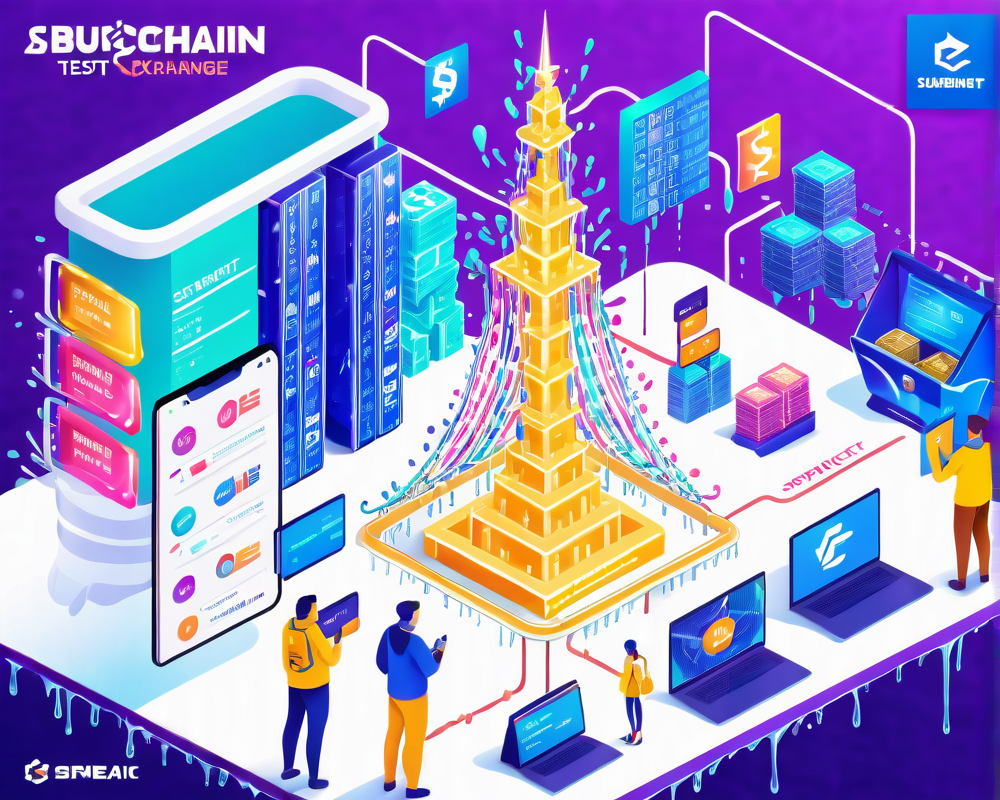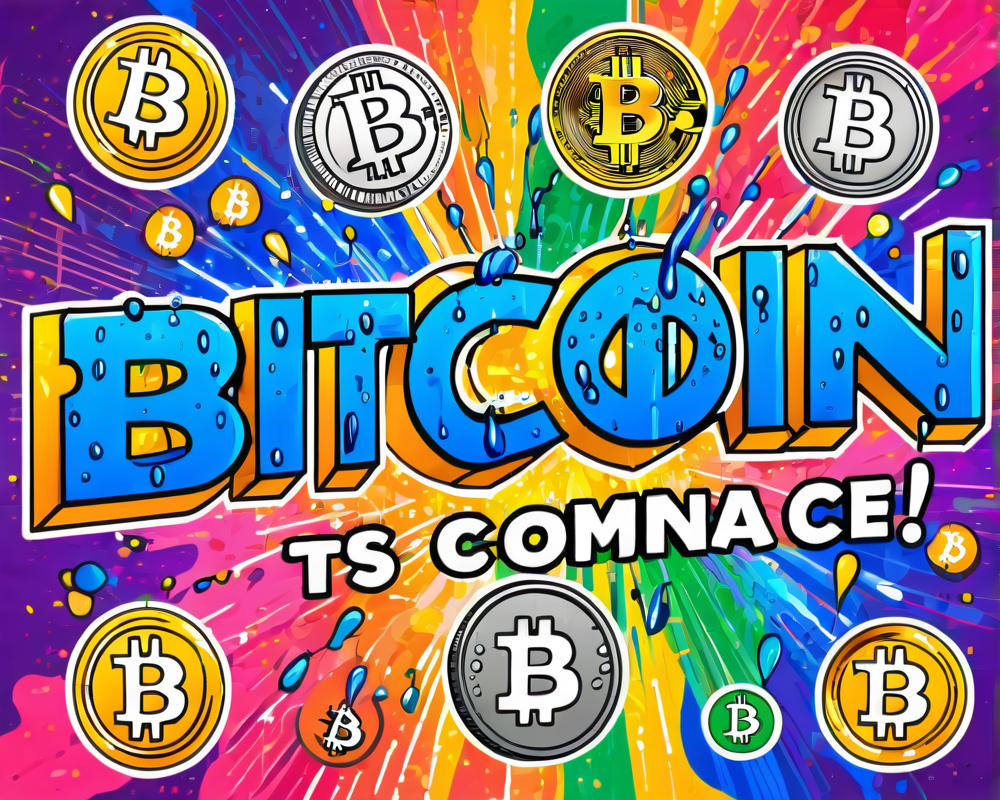What is Polygon 2.0?
Polygon 2.0 is not just an upgrade; it’s like adding a turbocharger to your grandma’s old sedan. This ambitious set of enhancements aims to construct what Polygon Labs describes as the “Value Layer” of the internet, a place where value can be created, exchanged, and programmed seamlessly. So, instead of just memes and cat videos, imagine a world where you can swap digital assets as easily as you share a funny GIF.
Radical Reimagination
This isn’t your run-of-the-mill upgrade. Polygon 2.0 promises to overhaul everything from protocol architecture to tokenomics to governance. All of this sounds fancy, but what does it mean for us, the everyday users? Well, buckle up: it means unlimited scalability and unified liquidity, all thanks to the magic of ZK (zero-knowledge) technology. Yes, the same tech that’s designed to keep secrets—a virtual magician that confirms you have data without revealing it.
The Tech Behind the Magic
At the heart of Polygon 2.0 is a network of interconnected chains. Imagine different states in the U.S. being able to communicate instantly without the madness of time zones. With zero-knowledge proofs, one party (the prover) can affirm a statement’s truth to another party (the verifier) without spilling all the details. This means more efficient cross-chain interactions without shoving additional security risks down our throats. Let’s face it—no one likes extra baggage.
The User Experience
Here’s where things get even cooler: Polygon 2.0 will unify protocols to the point where using various technologies will feel as seamless as sending a text. You’ll be juggling between zk-EVM tech, proof-of-stake, and supernets as if they’re your best buddies at a party. Ryan Wyatt, the president of Polygon Labs, stated that with this new framework, it will feel like one unified chain. No more confusion or fragmentation; just easy use at your fingertips.
Looking Ahead
As summer heats up, we can expect more announcements from Polygon. Wyatt recently made waves in a congressional hearing about the potential challenges and opportunities Web3 holds for internet democratization. He made a compelling case on how blockchain can address the “value extraction” problem and promote a better system where users control their data. With regulations looming like a storm cloud, the need for a solid blockchain ecosystem becomes clear. Now, let’s hope they get it right before the hot dog season kicks off!




